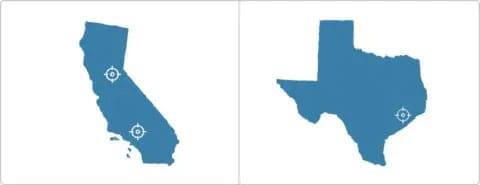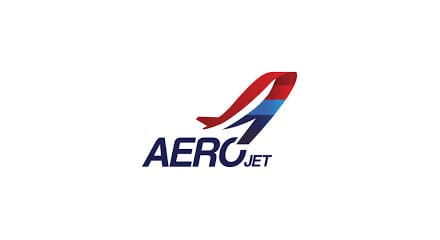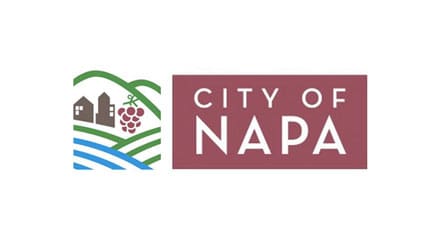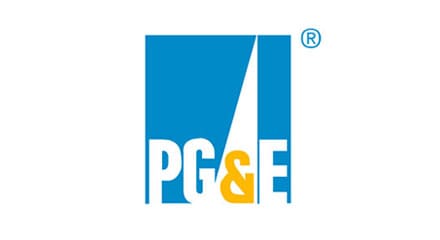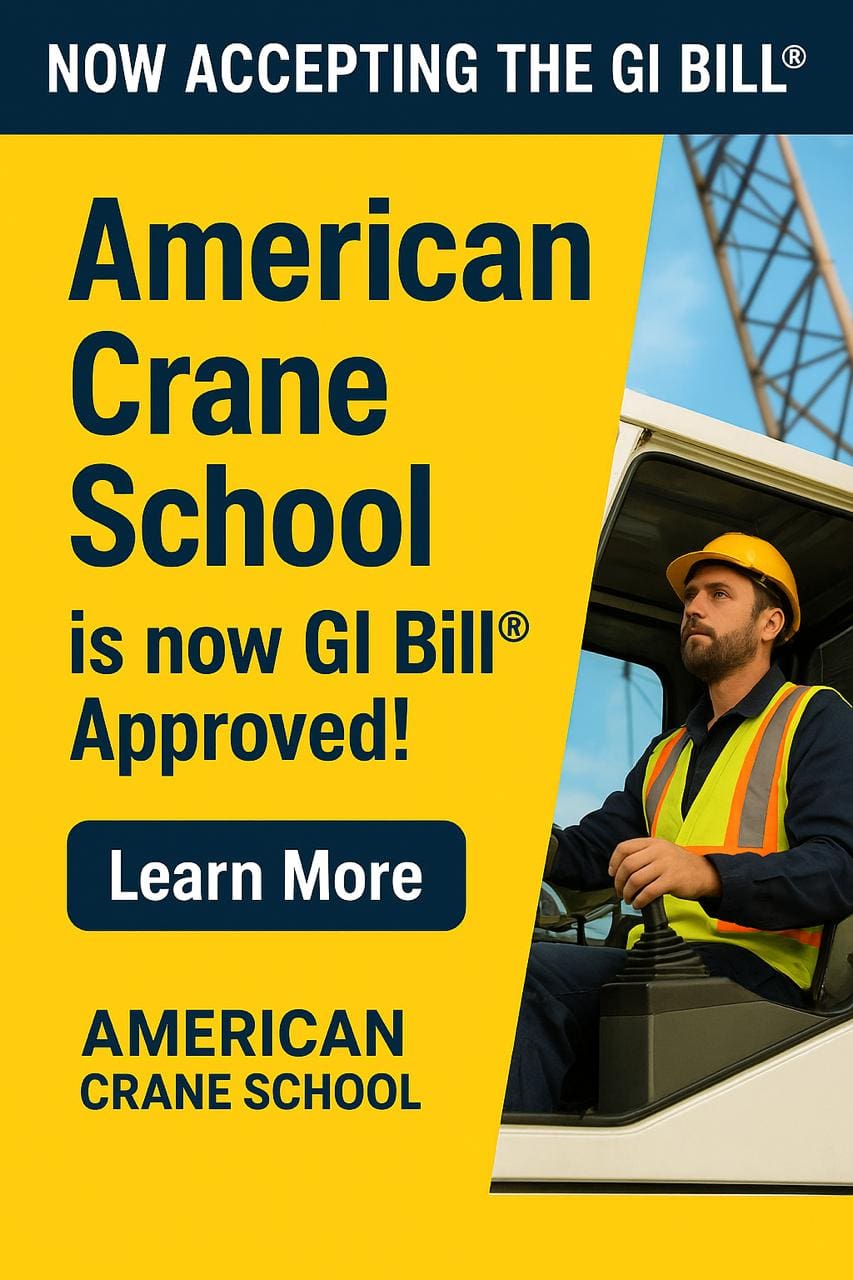Pennsylvania

[Licensing] General Requirements:
(a) An individual who engages in the operation of a crane in this Commonwealth shall be licensed by the Board, or shall be authorized to operate a crane as a trainee.
(b) An individual who holds a license as a crane operator shall have the right to use the title ‘‘Licensed Crane Operator’’ and the abbreviation ‘‘L.C.O.’’
(c) To qualify as a candidate for licensure, the applicant shall:
(1) Be 18 years of age or older.
(2) Be of good moral character.
(3) Present satisfactory evidence to the Board that the applicant possesses a current certification, or qualifies for licensure without certification under section 506 of the act (63 P.S. § 2400.506).
(4) Aver subject to penalties for unsworn falsification to authorities under 18 Pa.C.S. § 4904 (relating to unsworn falsification to authorities), that the applicant has been examined by a physician and determined to be physically capable of operating a crane.
(5) Pay all requisite fees.
Pennsylvania Legal Documents & References
Articles
- Pennsylvania Clarifies That Practical Exams Must be Taken on “ASME B30.5 Cranes” (2016)
- CCO Certificants Obtain PA Crane Operator Licenses (2011)
- Pennsylvania Receives First License Applications (2010)
- Pennsylvania Moves Forward on Crane Operator Licensing (2010)
- Pennsylvania Signs Up For Licensing (2009)
- Pennsylvania to Require Crane Operators to be Licensed (2008)
- Pennsylvania DOT Requires CCO Certification (2001)
License by Experience
§ 6.23. Licensure without certification by experience.
(a) An individual who applies for a license without certification under section 506 of the act (63 P. S. § 2400.506) and who satisfies the requirements of § 6.21(b)(1), (2) and (3) (relating to licensure without certification generally) may elect to qualify for a license without certification by submitting acceptable documentation of 5 or more years of experience immediately preceding the date of application for licensure demonstrating to the Board’s satisfaction the applicant’s competency to safely operate the type of crane for which the applicant seeks a license, and payment of the requisite declaration fee.
(b) Acceptable documentation consists of:
- (1) Each Internal Revenue Service Form W-2 (Wage and Tax Statement) and Internal Revenue Service Form 1099 issued to the applicant for the 5 calendar years prior to the year of application for which the applicant received compensation as a crane operator.
- (2) A record of the applicant’s experience on a form prescribed by the Board, listing each project in which the applicant operated a crane, or engaged in the operation of a crane including no less than 4,000 hours of work during a period of 5 years immediately preceding the date of application for licensure.
(c) The record of the applicant’s experience must identify:
- (1) The name and business address of the prime contractor or other person who employed or engaged the services of the applicant.
- (2) Whether the applicant worked as an employee or independent contractor on the project.
- (3) The location of the project.
- (4) The type of crane operated.
- (5) Whether an incident occurred in the operation of the crane resulting in disability to an individual in excess of the working shift or turn in which the injury was received.
- (6) The number of hours worked on the project engaged in the operation of a crane.
- (7) If the applicant worked as an independent contractor in the operation of a crane at any time during the 5 years prior to the date of application, a certificate of insurance for each insurer who issued a policy of comprehensive general liability insurance to the applicant.
(d) An applicant for a license without certification under this section may be eligible only for a license in the specialty for which the applicant has submitted acceptable documentation.
(e) An applicant for a license without certification under this section shall submit with the application an averment that the applicant has been examined by a physician and successfully passed an examination that satisfies the requirements of ASME Volume B 30.5.
(f) An applicant for a license without certification under this section shall submit with the application documentation of the results of any assessment administered within the 2 years prior to the date of application by a program of operator qualification and certification satisfying the requirements of 29 CFR Part 1926 (relating to safety and health regulations for construction).
(g) In lieu of certification, with a license without certification under this section the Board will issue a declaration specifying the specialty crane for which the licensee has qualified with at least 1,000 hours and for which the applicant has submitted acceptable documentation, and limiting the types of cranes that the holder of a license without certification by experience may operate.
(h) A license without certification under this section shall only be valid in conjunction with the declaration in subsection (g).
Crane Law Articles
Compliance Directive for Cranes and Derricks in Construction
"This instruction provides guidelines for enforcement procedures and inspection guidance conducted for equipment covered by Subpart CC." The "Compliance Directive" is a condensed version of Osha's Final Rule that includes supplemental diagrams to help readers...
State Crane Operator Certification Requirements
For most of the 21st century, crane operator certification did not exist. Companies would purchase cranes, train their operators, and that was it. During that time, the crane industry experienced a large number of accidents resulting in injuries and deaths. In 1971,...
Certification vs Qualification
Crane training and crane operator certification are perhaps the most important contributors to crane safety in the construction industry. Not only is choosing the right crane training provider necessary for safe crane operation, there is no substitute for crane...
OSHA – All States
Ready to Enroll?
Give us a Ring!
State Crane Laws & Licensing Requirements
Alabama
Alaska
Arizona
Arkansas
California
Colorado
Connecticut
Delaware
Florida
Georgia
Massachusetts
Michigan
Minnesota
Mississippi
Missouri
Montana
Nebraska
Nevada
New Hampshire
New Jersey
New Mexico
New York (NYC)
North Carolina
North Dakota
Ohio
Oklahoma
Oregon
Pennsylvania
Rhode Island
South Carolina
South Dakota
Tennessee
Texas
Utah
Vermont
Virginia
Washington
West Virginia
Wisconsin
Wyoming
States that issue a state license for crane operators
States that issue a state certification for crane operators
States that do not issue, but require NCCCO certification
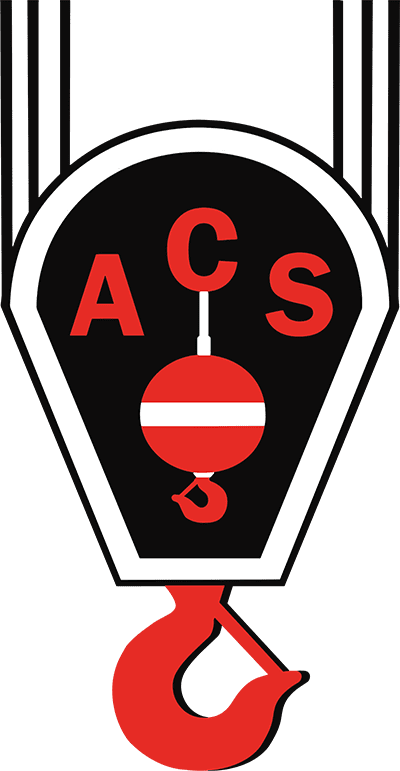
 We guarantee that you will pass your NCCCO Certification Written Exams or our class is FREE until you do.
We guarantee that you will pass your NCCCO Certification Written Exams or our class is FREE until you do.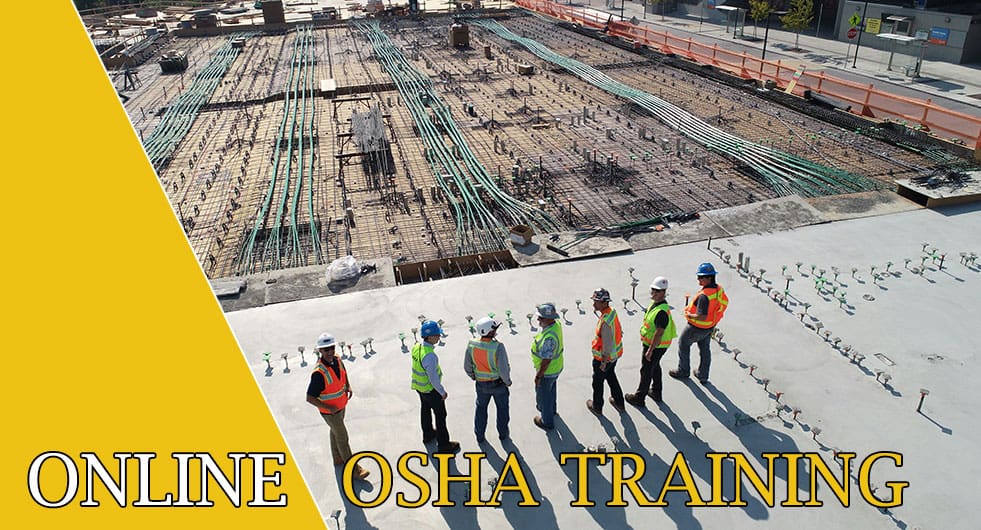

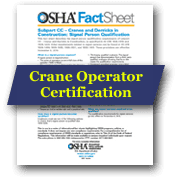
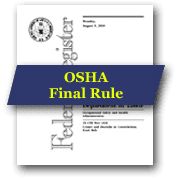
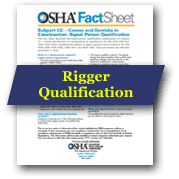
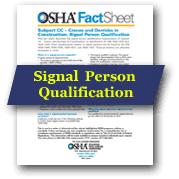
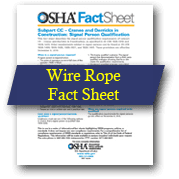
 Industry Pioneer 20+ Years
Industry Pioneer 20+ Years Dedicated Team of Professionals
Dedicated Team of Professionals Classes Monthly & Year-Round
Classes Monthly & Year-Round